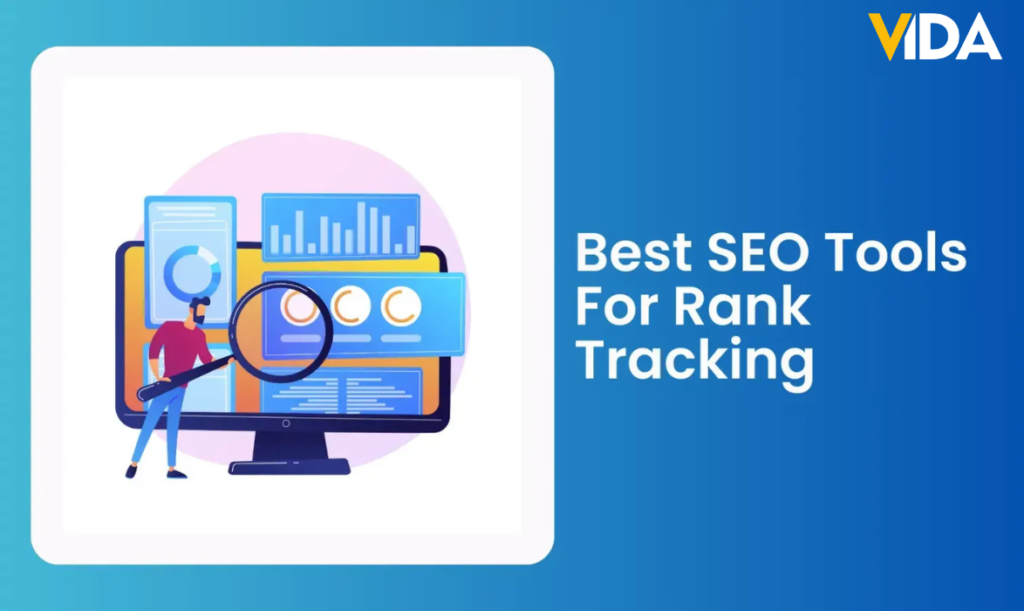
Introduction
One of the most indispensible tools for digital marketers in terms of measuring the success of campaigns and optimizing them, conversion tracking tools provide valuable insight into user behavior and powerful information concerning marketing efforts that are really driving conversions-such as sales, sign-ups, and other important actions. The following article will discuss the basic aspects of conversion tracking tools, current trends, and future projections, which, in turn, play a critical role in data-driven marketing strategies. A table containing future data is adopted to demonstrate the reasons that these tools are still of great value and the trend keeps going.
Important Functions of Conversion Tracking Tools
Conversion tracking tools offer the marketer a variety of crucial functionalities to monitor and analyze the performance of a campaign:
- Pixel Tracking: It helps marketers define or track more specific actions a user may undertake including button clicks, form submission, download, etc.
- Event Tracking: Allows marketers to define and track specific user actions such as button clicks, form submissions, and downloads.
- Cross-Device Tracking: It helps users understand the cross-device flow, thereby ensuring an all-round understanding of the customer journey.
- Attribution Models: Helps determine what marketing channels and touchpoints contribute more to conversions thus allowing for better budget allocation.
- Real-Time Reporting: Delivers up-to-date information about campaign performance so that the marketer can make adjustments and optimizations quickly.
Current Trends in Conversion Tracking
Several trends are currently shaping the way businesses use conversion tracking tools:
- Enhanced Privacy Measures: With increasing concerns over data privacy, conversion tracking tools are adopting stricter privacy measures and providing more transparent user data collection practices.
- Artificial Intelligence and Machine Learning: These technologies are increasingly being included in tracking tools so that more precise predictions as well as insights can be made to further optimize the campaigns.
- Integration with CRM Systems: It also becomes very common to get integrated with the Customer Relationship Management systems that make possible a unified view of the customer interactions and conversion data.
- Multi-Touch Attribution: Multi-touch attribution models remain so popular because these have a greater applicability to describe the customer journey better with more value attributed to multiple touch points.
- Conversion Rate Optimization (CRO): The need for using tracking data to inform and enhance conversion rate optimization strategies is expected to be increased.
Future of Conversion Tracking Tools
The future looks bright for conversion tracking tools as many key developments will facilitate their evolution:
- Advanced AI Capabilities: Future tools will use more advanced AI for deeper insights, predictive analytics, and personal recommendations for campaign optimization.
- Further Automation: There will be greater automation in the tracking setup and management, with reduced manual effort, so that more of marketer’s time will be on strategy.
- Privacy-First Tracking Solutions: The more the global data privacy regulations evolve, the more sophisticated privacy-first tracking solutions will be.
- Integration with New Platforms: They will track conversions across voice assistants and augmented reality channels using new platforms.
- Real-Time Predictive Analytics: Real-time predictive analytics should become a norm for marketers to see trends and adjust their campaigns in advance.
Conclusion
Details of the conversion tracking tool start becoming very key information or insights towards campaign measurement in effective digital marketing. Then, a tool like pixel, event tracking, and real-time reports may turn out to be the desired degree of understanding that businesses require in order to put in necessary implementations in enhancing their results for marketing strategy. Contains AI integration, advanced measures of privacy, and multi-touch attribution-all of which are considered important to be ahead of making use of everything that these tools can offer within the hyper-competitive digital environment today.
Conversion tracking not only means measuring results but using data to drive continuous optimization toward marketing excellence. Businesses using conversion tracking tools meaningfully will be more likely to attain strategic objectives and maintain long-term growth. To further perfect conversion tracking tools, VIDA is that ideal platform for one to gain the skills and expertise needed to turn marketing strategy suggestions into practice.



